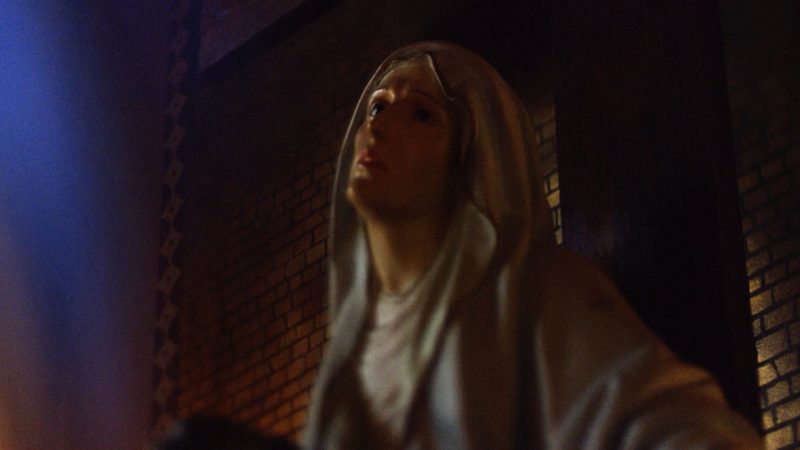Praying together as a couple and praying individually for your spouse is one of the most powerful weapons you have against divorce and for building intimacy in your marriage. Praying together not only brings us closer to each other, it deeply reinforces our relationship with the Lord.
You Might also like
-
Holy Rosary – Sorrowful Mysteries
The Five Sorrowful Mysteries are traditionally prayed on the Tuesdays, Fridays, and Sundays during Lent. Each details the The Agony in the Garden, The Scourging at the Pillar, The Crowning with Thorns, The Carrying of the Cross, and The Crucifixion and Death of Jesus. In this video, the viewer is guided through all five Sorrowful Mysteries of the Rosary, offering a unique way to pray and meditate on Jesus’s journey from the Garden of Gethsemane to the Cross. Join us in prayer as we reflect on Jesus’s sacrifice for all sinners.
-
Show Us Your Christ
A short prayer to Mary, asking for the grace to catch a glimpse of her Son, even while we are still on our Earthly journey that “we may be made worthy of the promises of Christ.”
-
Prayer for Lent
There are traditionally 40 days in Lent; these are marked by fasting, both from foods and festivities, and by other acts of penance. The three traditional practices to be taken up with renewed vigor during Lent are prayer (justice towards God), fasting (justice towards self), and almsgiving (justice towards neighbors).
Lent, which comes from the Teutonic (Germanic) word for springtime, can be viewed as a spiritual spring cleaning: a time for taking spiritual inventory and then cleaning out those things which hinder our corporate and personal relationships with Jesus Christ and our service to him.
In addition, some believers add a regular spiritual discipline, to bring them closer to God, such as reading a Lenten daily devotional.



